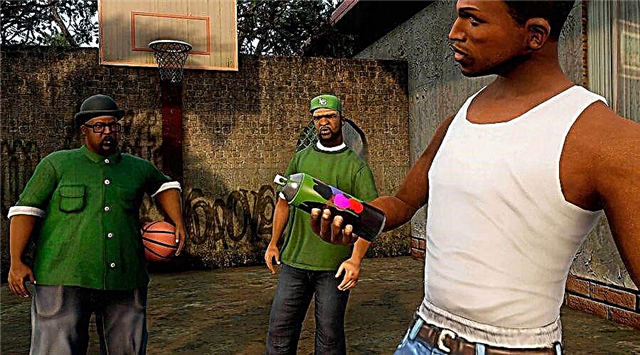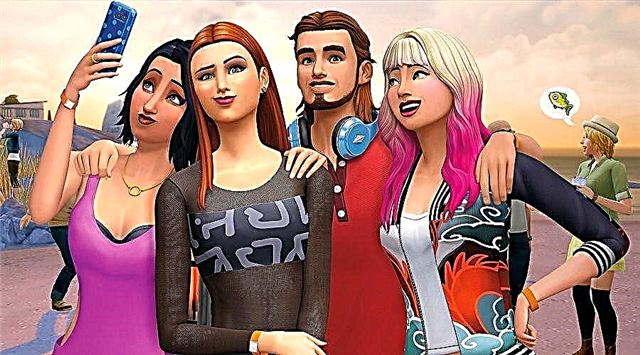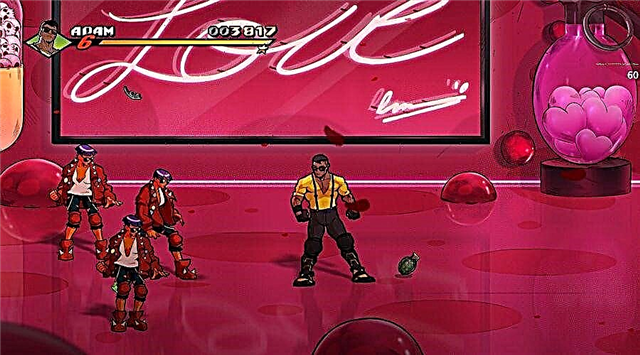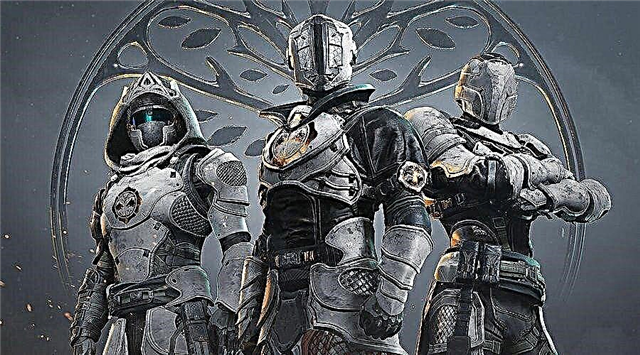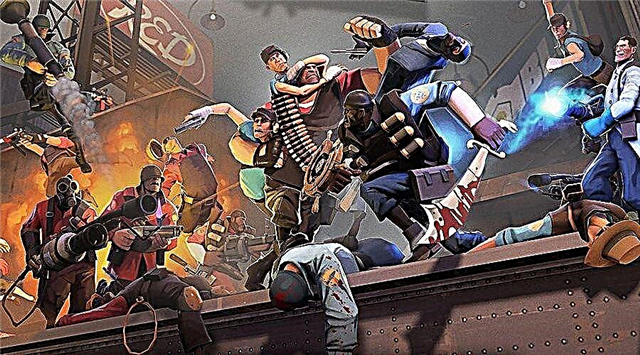
Things are not going well for GameStop. We've talked about this before in several different contexts, including whether GameStop is a valuable company today, or whether it will go out of business if GameStop eventually has to close the door. The thing is, running a dedicated business is becoming more and more difficult, and the video game industry is particularly hard on brick and joint construction. So how do you survive at GameStop? Well, to do that, the company has to undergo a big change. The planting of seeds for these changes begins.
In short, things aren't going well at GameStop. For a while, the company felt somewhat "unsatisfactory", but only in recent years has it begun to experience huge losses. In fact, GameStop was briefly put up for sale, although it did not attract a single buyer. Since then, GameStop has a new CEO and the company is starting to make small changes. Prior to any of these changes, the most recent earnings report for 2018 was $673 million. It is at its lowest level since 2005, and much of its core business - used games - is plummeting.
The number of used games is plummeting due to the rise in sales of digital games. Nobody buys used games (relatively speaking) because nobody has the opportunity to trade physical games. People who buy physical games are more likely to own them because they are collectors. There are still many people involved in the GameStop business, but there are still not enough people for the company to be able to make money. So far, this has resulted in GameStop doing things like focusing on collectibles, but apparently that hasn't worked either.

One point that's on the way is that GameStop's new CEO is suggesting the company move to a more experiential model. What does it mean? Well, we don't actually know what GameStop is yet. In a broad sense, it seems that GameStop management is trying to turn stores into a social space. Sure, you buy stuff there, but maybe GameStops has more local events, offers ways to pay for games in the store, or maybe some other community-driven business that I hadn't thought of before. Recently, GameStop has also increased investment in sports, which could be part of this initiative.
Another exciting development is a new policy that comes into effect with the release of Sony's latest PlayStation 4 exclusive, Days Gone. It's a "Love Guaranteed" program that allows customers to return a brand new game within 48 hours of launch if they don't like it. The refund will be in the form of store credit. This is drastically different from the usual return policy for a number of reasons. Usually, you cannot return a new game until it has been fully saved. Original packaging and all. Used games get a week, regardless of context, or 30 days to trade for the same game.
This new policy is only for the 48-hour window after the game launches, which means you won't be able to roll it back the day after Days Gone is released and expect it to apply. It's also a store credit-only deal that ties your money to GameStop. This policy in some way challenges the current state of the industry. Usually, if you don't like a new game, you don't have much chance other than to trade it and lose money. This gives players the option to get their money back and at least use it for another game - they can even wait for the next game that is supported by this policy if they want to. These are the digital game sales counters that are still final (for consoles) and also helps GameStop, as stocks of new games are very expensive.
If GameStop is trying to disrupt the sale and distribution of new games, and is trying to get closer to real stores, then over time we may have a very different kind of GameStop. If we don't just rely on merchandising to get games in and out of the store, but encourage people to spend time in stores through these events and other promotions, we may be able to improve our loss ratio at the end of each year. But that's a risk - it's not known how sustainable all of this is, especially since we don't yet know what half of them really mean.

